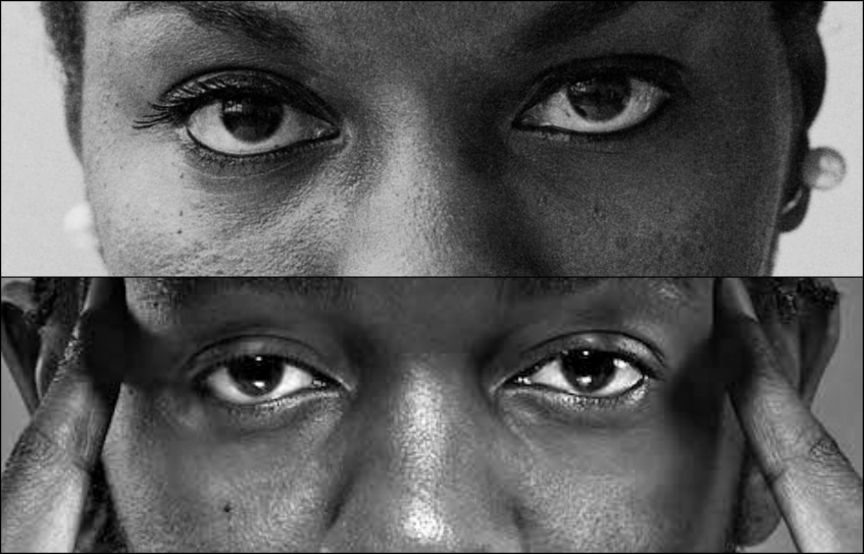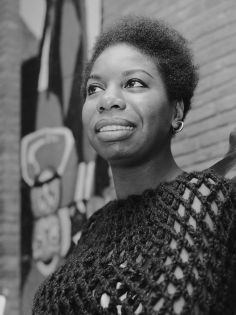
Activism in music has resurfaced.
In 1964, black singer Nina Simone released “Mississippi Goddam” after the murder of Medgar Evers in Mississippi and the 16th Street Baptist Church bombing in Birmingham, Ala. that resulted in the death of four black children.
In 2015, black rapper Kendrick Lamar released “Alright” in his third album “To Pimp a Butterfly.” Inspired by his trip to South Africa and by beat creator Pharrell Williams’s hook “We Gon’ B Alright,” Kendrick Lamar wrote the lyrics for “Alright” exposing black struggle.
Is Kendrick Lamar our modern-day Nina Simone?
It is safe to say that Nina Simone’s influence on society during the Civil Rights Movement is incomparable, but for those who are aware of who Nina Simone was, can you consider Kendrick Lamar’s influence today as powerful as Nina Simone’s?
“Mississippi Goddam” was first performed by Simone at the Village Gate nightclub, in front of a predominantly white audience. This is how Simone spoke to white people on the ongoing discrimination and injustice of black people.
Simone risked her career by writing and singing songs like “Mississippi Goddam” that expressed rebellion, anger, confidence and truth.

Nina Simone and the Civil Rights Movement
“All I want is equality
For my sister my brother my people and me
Yes, you lied to me all these years
You told me to wash and clean my ears
And talk real fine just like a lady
And you’d stop calling me Sister Sadie.”
-Nina Simone, “Mississippi Goddam”
“Mississippi Goddam” was the first out of many protest songs that Simone wrote and performed. Simone performed and spoke at many civil rights meetings, such as at the Selma to Montgomery marches. Later in 1967 writing and singing “Backlash Blues,” written by her friend and Harlem Renaissance leader, Langston Hughes.
Simone continuously demonstrated her emotions and thoughts on the traumatic events that she witnessed.
Kendrick Lamar and African American injustice
In 2016, at the 58th Annual Grammy Awards in Los Angeles, Kendrick Lamar performed “The Blacker the Berry” while being chained and his band in jail cells behind him.
Lamar followed up by performing “Alright” in front of a bonfire while dancers and himself danced.
Lamar finished with a never-before heard song about discrimination and injustice as an image of Africa with the word Compton on it emerged from behind him. This performance was said to be controversial but it was nothing less than powerful.
A couple of months after Lamar’s performance, protesters sang the lyrics “We got’ be alright” from Lamar’s song “Alright.” The spirit of “Alright” allowed people standing miles away from each other to connect during the protest that unified them through a common injustice.

Lamar opens up “Alright” with lines from Alice Walker’s “The Color Purple.” “Alls my life, I had to fight.” The reference to the 1982 novel “The Color Purple” brings Simone’s generation and Lamar’s generation to unite and understand that injustice and discrimination are very much alive.
“What you want you: a house or a car?
Forty acres and a mule? A piano, a guitar?…
“Wouldn’t you know
We been hurt, been down before
when our pride was low
Lookin’ at the world like,
“Where do we go?”
and we hate po-po
Wanna kill us dead in the street fo sho’
I’m at the preacher’s door…”
–“Alright” by Kendrick Lamar
Music is freedom in a rhythm
Simone’s slow singing is nothing like Lamar’s fast rapping. But even then the power within bruised souls and the resistant desire for freedom is passed through generations.
Passed by bloodline and ancestry, but mostly by direct contact, the people of the Civil Rights Movement and modern black and brown people endure similar injustices and are prepared to show consciousness and solidarity.
Then and now, news platforms have not been the most favorable media outlets because of bias and racism or because of misinformation and unfamiliarity.
But music is freedom in a rhythm.
Simone and Lamar have written and performed songs that dig out history and draw out the future.
What is real can not be misguided in music.
Simone did not shut her mouth when “Mississippi Goddam” was rejected. Lamar continuously performs songs and visuals that disturb and shock his audience.
The truth of pain, the anger in resistance and the love for freedom has given the world, Nina Simone and Kendrick Lamar.



